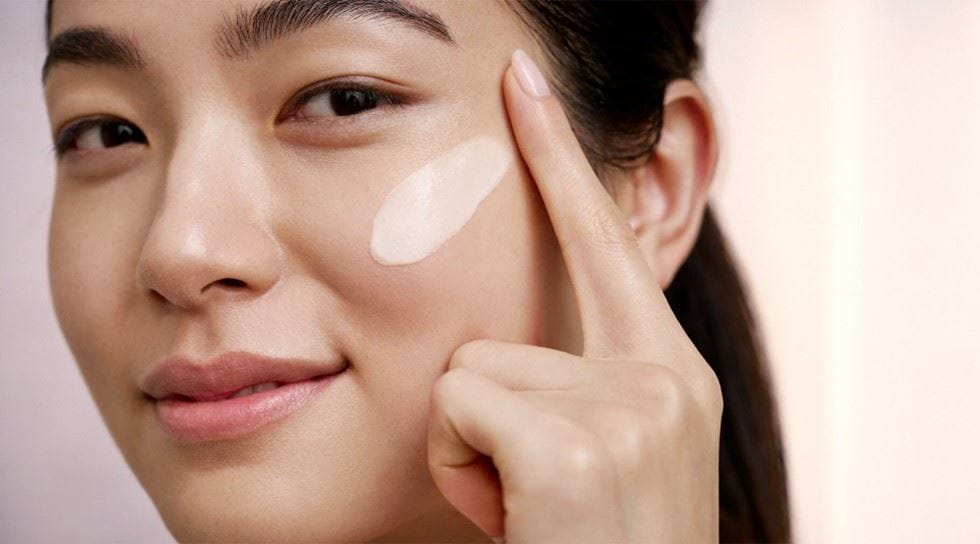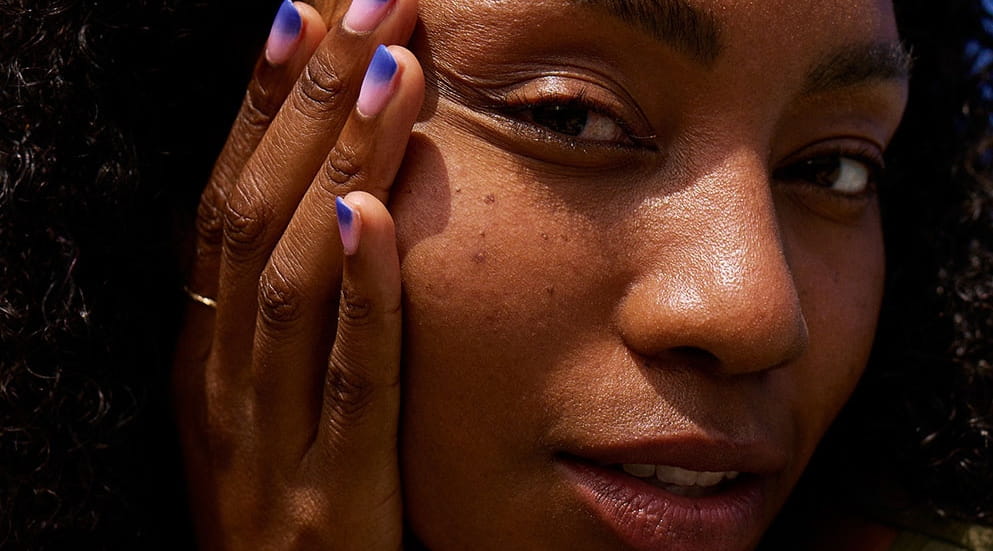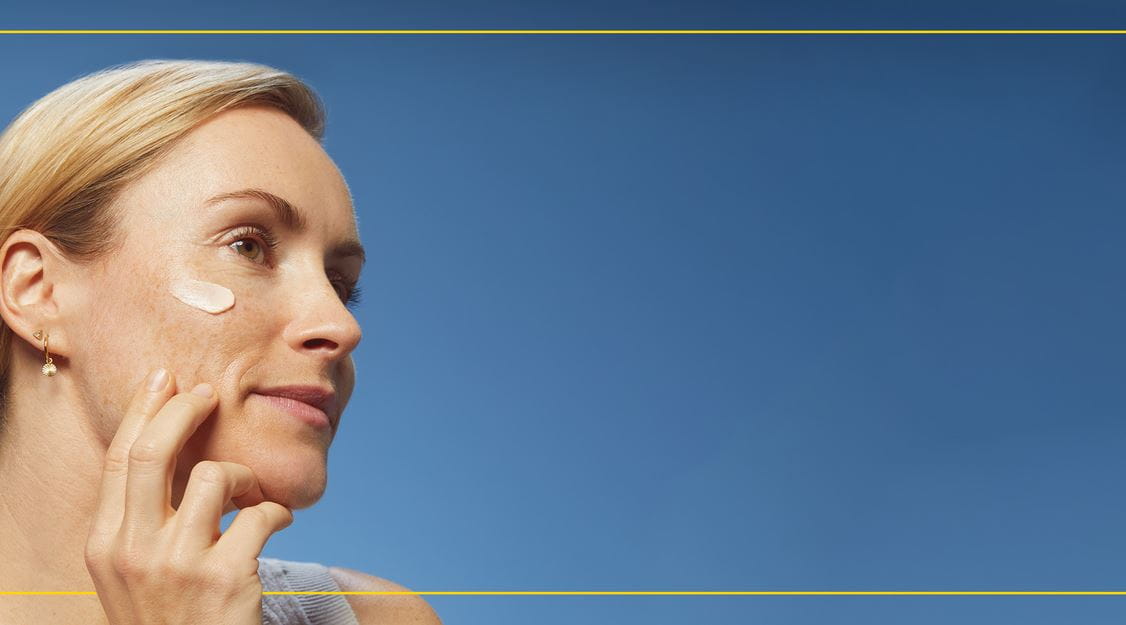Although sunscreen boasts of a plethora of advantages, there are a few things you must know about its disadvantages. For instance, it may stain clothing as it contains aminobenzoic acid or para-aminobenzoic acid. Certain sunscreen ingredients can cause your skin to get red or irritated. If you experience this, then you must stop using the product at once. Also, visit your doctor so that they can prescribe you medicine to help with any side effects you may have suffered. This is why we recommend Nivea sunscreens, which has something for every skin type and age group. Nivea goes so far as to offer a special sunscreen for kids. The Nivea Sun Kids Protect and Care Lotion. Meanwhile, the Nivea Sun UV Face Sensitive Cream SPF 50 is ideal for people with sensitive skin. It is lightweight and designed with an eye friendly formula. It protects your skin from blue light and UVA/UVB rays.
Although an allergic reaction to the drug is rare, if you notice any symptoms that signal an allergic reaction, like itching, swelling, dizziness or trouble breathing, then go to a doctor at once. These sum up the disadvantages of sunscreen.
Using sunscreen is essential if you want to look younger by keeping wrinkles at bay for a long time. It also helps with skin discoloration and may even protect you from certain kinds of cancer. The benefits of sunscreen are undeniable. However, equipping yourself with the knowledge of how to apply sunscreen, knowing sunscreen dos’s and don’ts and the importance of sunscreen is essential to get complete protection.






